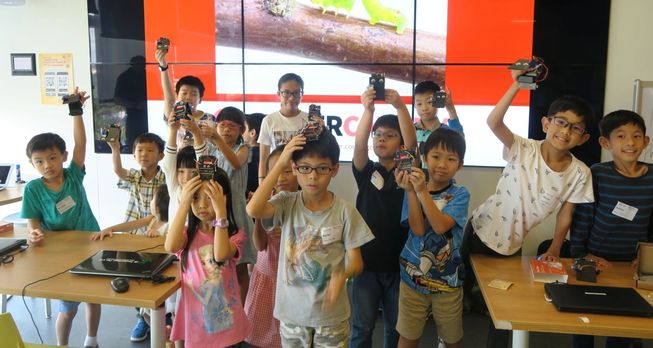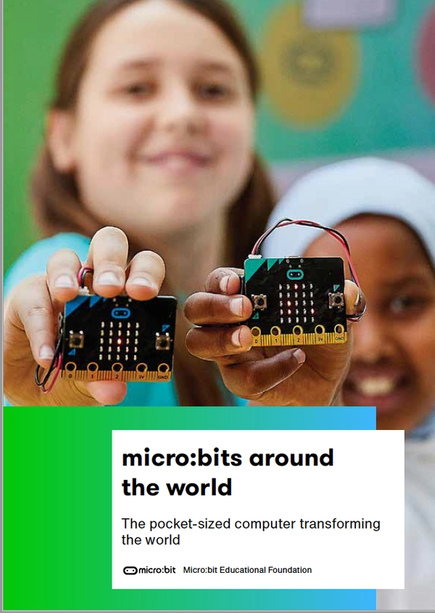Introduction
Education systems around the world are dealing with the impacts of technology and the fast-changing need for new skills and knowledge. While the subject landscape for curriculum is varied, the micro:bit is being used as a tool for learning in all of these contexts. There are more than 25 million children who experience learning with the micro:bit around the world.

Computing and technologies education is rapidly being integrated into formal school curricula, creating a need for confident, qualified teachers and motivating, purposeful learning experiences for students.
Impact studies show the micro:bit improves algorithmic thinking and problem-solving skills and raises students interest in programming, addressing the technology gender gap by broadening participation amongst girls as well as boys.
In 2019 - 2020, the Micro:bit Educational Foundation conducted research into the wide range of education settings in which the micro:bit is being actively embedded in children's learning at school. This series of reports looks at programmes of varying scale in countries across Asia, Europe, Latin America and North America. This research was conducted prior to the COVID-19 pandemic.
micro:bits around the the world
This booklet offers highlights from micro:bit projects in ten countries.

We will be building upon the research carried out here and if you are interested in contributing information for your country or programme, please contact us via support@microbit.org
The Micro:bit Educational Foundation promotes digital creativity and computing education, and is responsible for the design and creation of the BBC micro:bit device and free educational resources and tools.